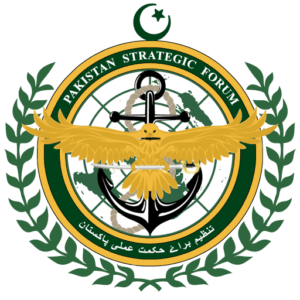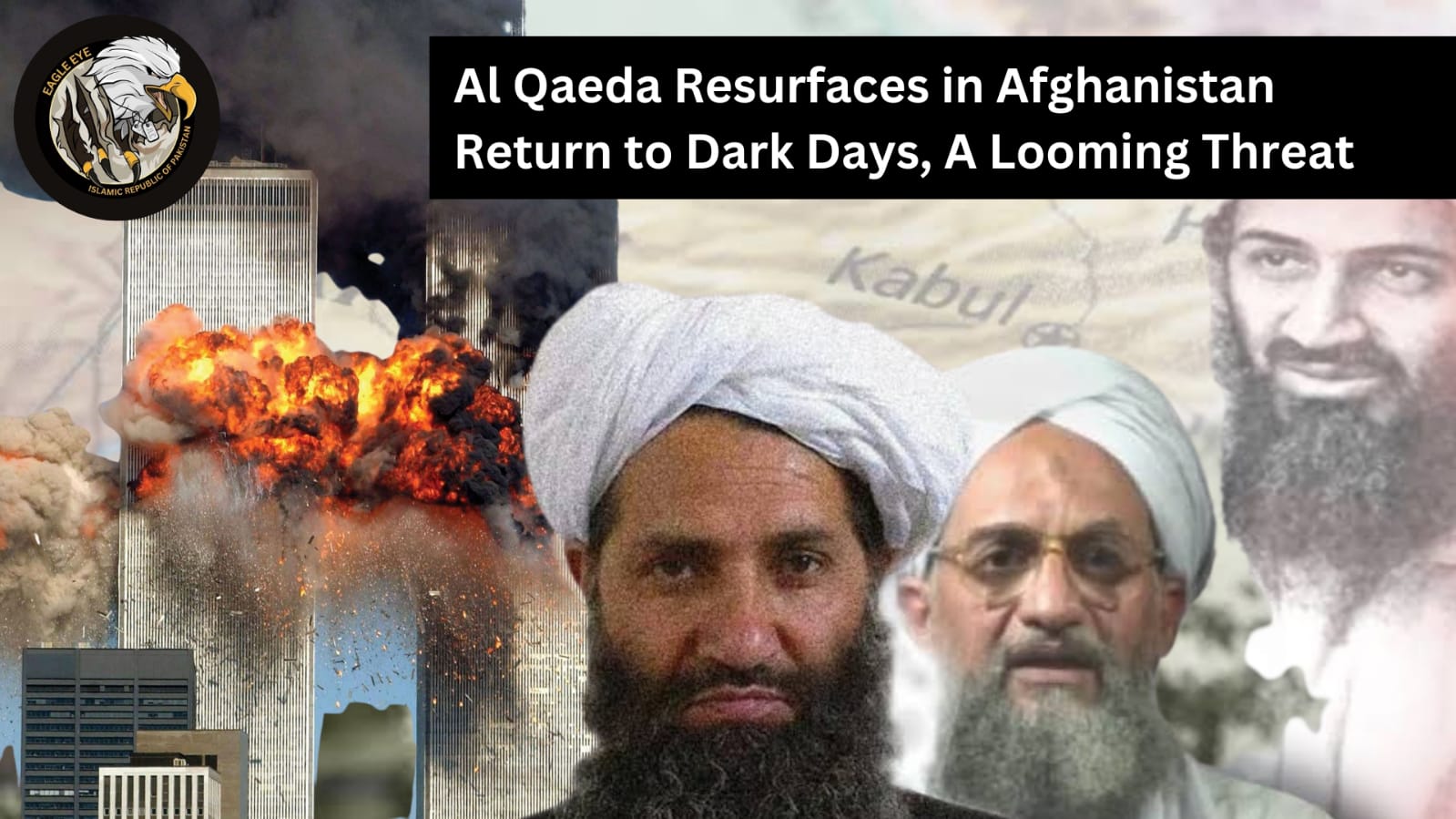It was early morning hours when the crew of Turkey’s Anadolu Agency (AA) and public broadcaster TRT came under heavy fire from Armenian forces. Although the crew safely returned; for locals, this is everyday business. The continued fighting since the 1990s between Azerbaijan and Armenia in the region of Nagorno-Karabakh has killed at least 30,000 people and displaced millions.
Now once again amid the coronavirus pandemic, the fighting has erupted between Azerbaijan and Armenia forces along the border around the disputed region of Nagorno-Karabakh. A series of early skirmishes started in July 2020 which resulted in the death of at least 16 people. Afterward, the situation remained volatile and a war of words between both countries continued. However, after a moment of pause, the war of words turned into a full-scale war. The latest bout of fighting started on September 27 when military forces of both countries brought heavy artillery, tanks, and other sophisticated military hardware to the forward border position. Meanwhile, the fight continues between rivals, dozens of people have been killed. With heavy damage, both countries have called up their reserves and declared Martial law at home.
Nagorno-Karabakh
The present-day countries Azerbaijan and Armenia for a long period of time remained under the control of world empires including the Russian, Ottoman, and Persian Empires. However, even after the fall of major powers in WWI, these two countries witnessed a major clash with Azerbaijan supported Turkey faced Armenia backed by Russia (USSR). The region of Nagorno Karabakh became a major center of the conflict. Nonetheless, after the 1918 Bolshevik revolution, the Soviet took control of the Trans Caucasus region and both nascent states came under the Soviet Union’s control. The leader of the revolution Joseph Stalin decided the fate of Nagorno Karabakh. It was allocated to the Azerbaijan Soviet Socialist Republic. The problem remained under control if the Soviet ruled both republics, however, after the 1980s the situation started to change. In the mid-1980s when the days of Soviet rule were numbered, violence erupted in many soviet states. A similar development took place as both states pressed for independence. The violence erupted in the region and pogroms of ethnic communities followed in both states. Concurrently, Nagorno-Karabakh’s national assembly unilaterally decided to join Armenia which brought Azerbaijan and Armenia to the brink of war. As soon as the Soviet Union disintegrated in 1991, the fight erupted between both sides. Nagorno Karabakh is internationally recognized as a part of Azerbaijan but currently is ruled by a de facto regime backed by Armenia.
Foreign powers backed both sides?
Military conflict is the last thing either country needs. During a global pandemic, the rise of such conflicts gives a meek response to control the global pandemic. With countries looking inward to secure their population from coronavirus, many state leaders have got the chance to enhance their political position. The battering economies are creating a lot of challenges for the states to control the masses. As unemployment is increasing, social structure is under a lot of stress, state leaders are finding places to divert the current focus.
The recent clashes between Armenia and Azerbaijan is a part of the greater political chessboard. Although conflict is old, dynamics are changing. As many countries in their interests are choosing either side of the conflict. The regional countries have a lot at stake if both countries go to full-scale war. Russia, as a major country on the border, is a key player. As a major power broker, Russia maintains close economic and defense ties with Armenia. It has adopted a cautious stance towards recent flare-ups. However, Armenia has deeper relations with Moscow. It is a member of Russia-led regional military and economic blocs CSTO and EEU, while Azerbaijan is not a member of any such organization. Russia’s support and military assistance is necessary for Armenia. Meanwhile, Armenia hosts a Russian military base, critical for Moscow’s influence in the region.
In parallel, Turkey has strongly supported its long-held ally Azerbaijan. It condemned Armenian actions and accused her of aggression. Turkey has kept its border closed with Armenia since 1993. Azerbaijan is one of the main suppliers of gas to neighboring Turkey as well as to other European states. For their part, Turkish President Erdogan supported Azerbaijan’s action along the line of contact. Armenian accused Turkey of sending its soldiers on Azerbaijan’s side. Although, there is still no such involvement of Turkish soldiers. Recently, Turkey has taken an aggressive stance against many of its foes. It’s action in Iraq, Syria, Libya and now in support of Azerbaijan depicts Turkish aggressive foreign policy under Erdogan.
The United States has an important stance as it cannot leave space for Russian influence anywhere in the world. The United States is heavily inclined towards both parties because of the influential Armenian lobby as well as American corporate interest in Azerbaijan. The United States has the leverage to bring both parties on the table. As a Co-Chair of the OSCE Minsk Group, the United States can help the sides to achieve a peaceful and sustainable settlement to the conflict.
However, the conflict has the potential to bring more players to play for their nefarious agendas. The negative influence of foreign powers will create more mess just like in Syria and Libya. If the same script is repeated in this conflict, many harmful effects will be derived and the global economy already in recession cannot bear any new humanitarian crisis.
Author: Syed Ali Abbas
About Author: Syed Ali Abbas has graduated in International Relations from NUML, Islamabad, and studies Chinese Politics at Hong Kong University of Science and Technology. Previously, Syed worked with Global Village Space magazine and as research internee at Center for Global and Strategic Studies, Islamabad.
Note: The views expressed in this article are the author’s own and do not necessarily reflect the editorial policy of Pakistan Strategic Forum.
#TeamPakistanStrategicForum







https://pakstrategic.com/2020/10/15/armenia-azerbaijan-conflict-between-history-and-future/